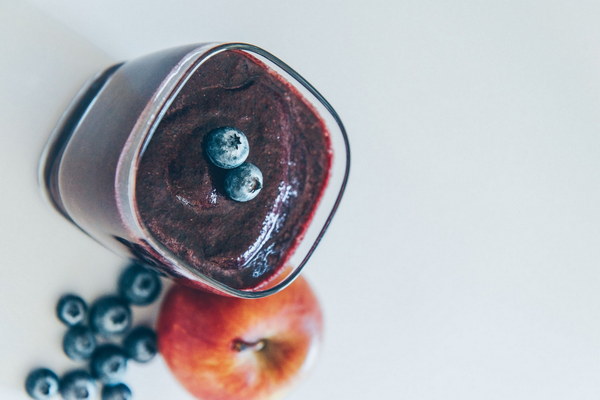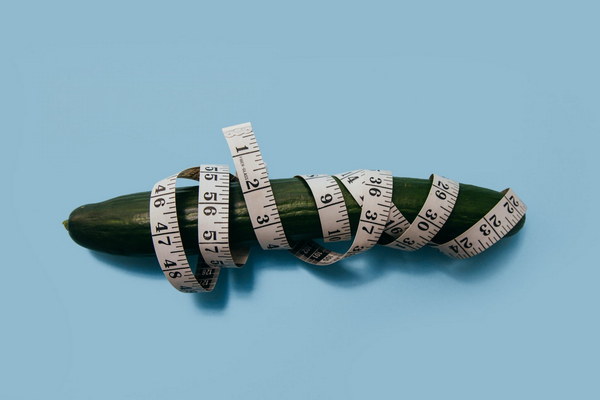The Best Practices for Nourishing Your Liver and Kidneys A Comprehensive Guide
In the pursuit of a healthy lifestyle, maintaining the well-being of our internal organs is paramount. Among these vital organs, the liver and kidneys play crucial roles in detoxification, metabolism, and waste elimination. This article delves into the best practices for nourishing your liver and kidneys, ensuring optimal health and vitality.
1. Diet: A balanced diet rich in essential nutrients is the foundation for liver and kidney health.
- Incorporate plenty of fruits and vegetables, which are high in antioxidants and vitamins.
- Consume whole grains, lean proteins, and healthy fats, such as those found in nuts, seeds, and avocados.
- Limit the intake of processed foods, refined sugars, and excessive salt, as they can burden the liver and kidneys.
- Drink plenty of water to support kidney function and maintain hydration.
2. Exercise: Regular physical activity is beneficial for overall health, including the liver and kidneys.
- Engage in moderate exercise, such as walking, jogging, or cycling, for at least 30 minutes daily.
- Practice yoga or tai chi, which can help reduce stress and improve blood circulation.
- Incorporate strength training exercises to build muscle mass and support organ function.
3. Stress management: Chronic stress can negatively impact liver and kidney health.
- Practice relaxation techniques, such as meditation, deep breathing exercises, or progressive muscle relaxation.
- Engage in hobbies or activities that bring you joy and reduce stress levels.
- Seek professional help, such as therapy or counseling, if you're struggling with chronic stress.
4. Sleep: Adequate sleep is essential for organ function and overall health.
- Aim for 7-9 hours of quality sleep per night.
- Create a restful sleep environment by keeping your bedroom dark, quiet, and at a comfortable temperature.

- Establish a bedtime routine to signal to your body that it's time to wind down.
5. Limit alcohol consumption: Excessive alcohol intake can damage the liver and kidneys.
- Limit your alcohol consumption to moderate levels, such as one drink per day for women and two drinks per day for men.
- Choose healthier alternatives, such as herbal teas or non-alcoholic beverages, when socializing.
6. Avoid smoking: Smoking can harm the liver and kidneys, as well as increase the risk of other health conditions.
- Seek support and resources to help you quit smoking, such as counseling, nicotine replacement therapy, or prescription medications.
- Surround yourself with a supportive network of friends and family who will encourage your efforts.
7. Regular health check-ups: Regular visits to your healthcare provider can help identify any potential issues with your liver and kidneys.
- Have your blood work checked for liver enzymes, such as ALT and AST, and kidney function, including creatinine and blood urea nitrogen (BUN).
- Discuss any concerns or symptoms you may have with your healthcare provider.
By following these best practices, you can ensure that your liver and kidneys remain healthy and functioning optimally. Remember that a holistic approach to health is key, encompassing both lifestyle changes and medical care. Prioritize your well-being, and you'll be well on your way to a healthier life.









